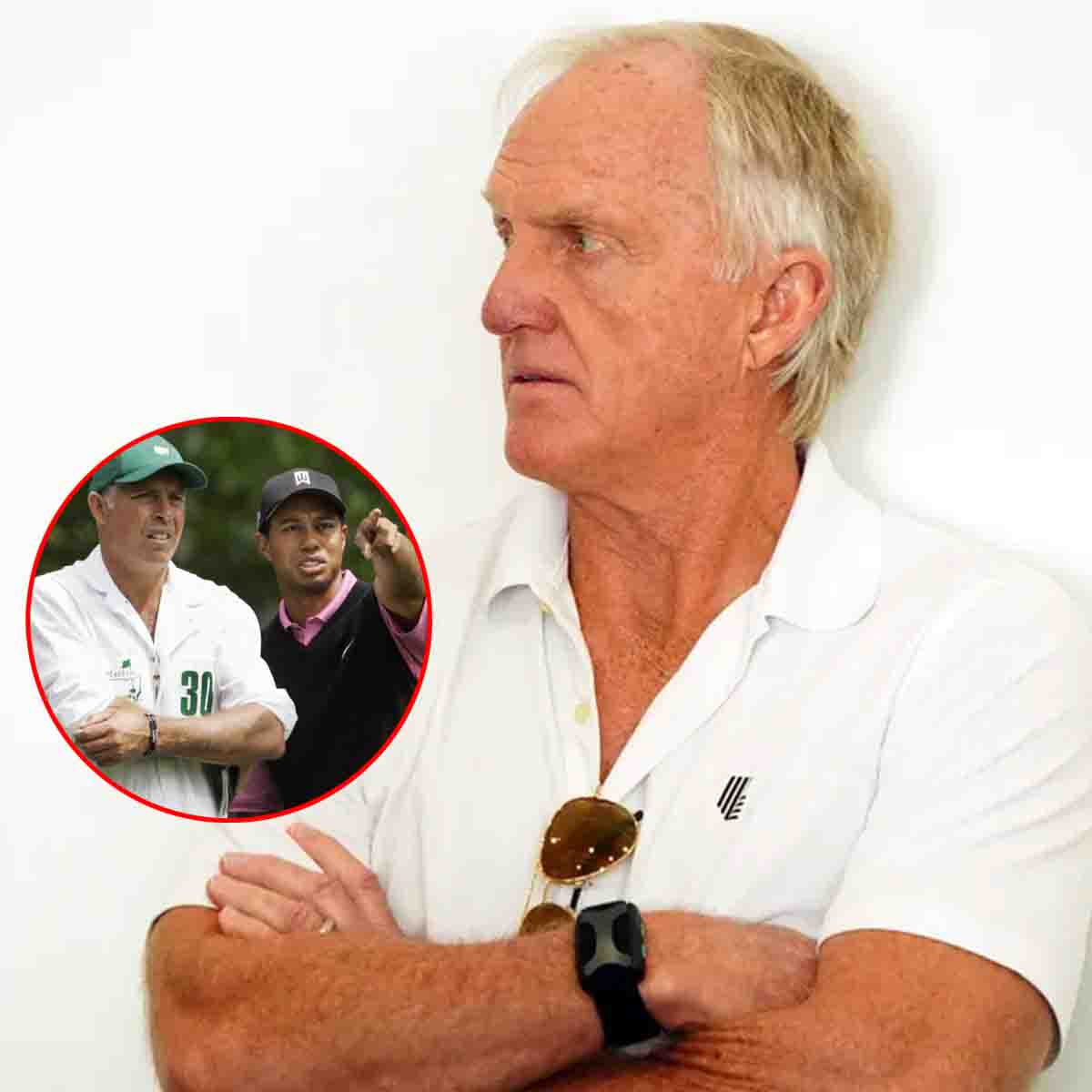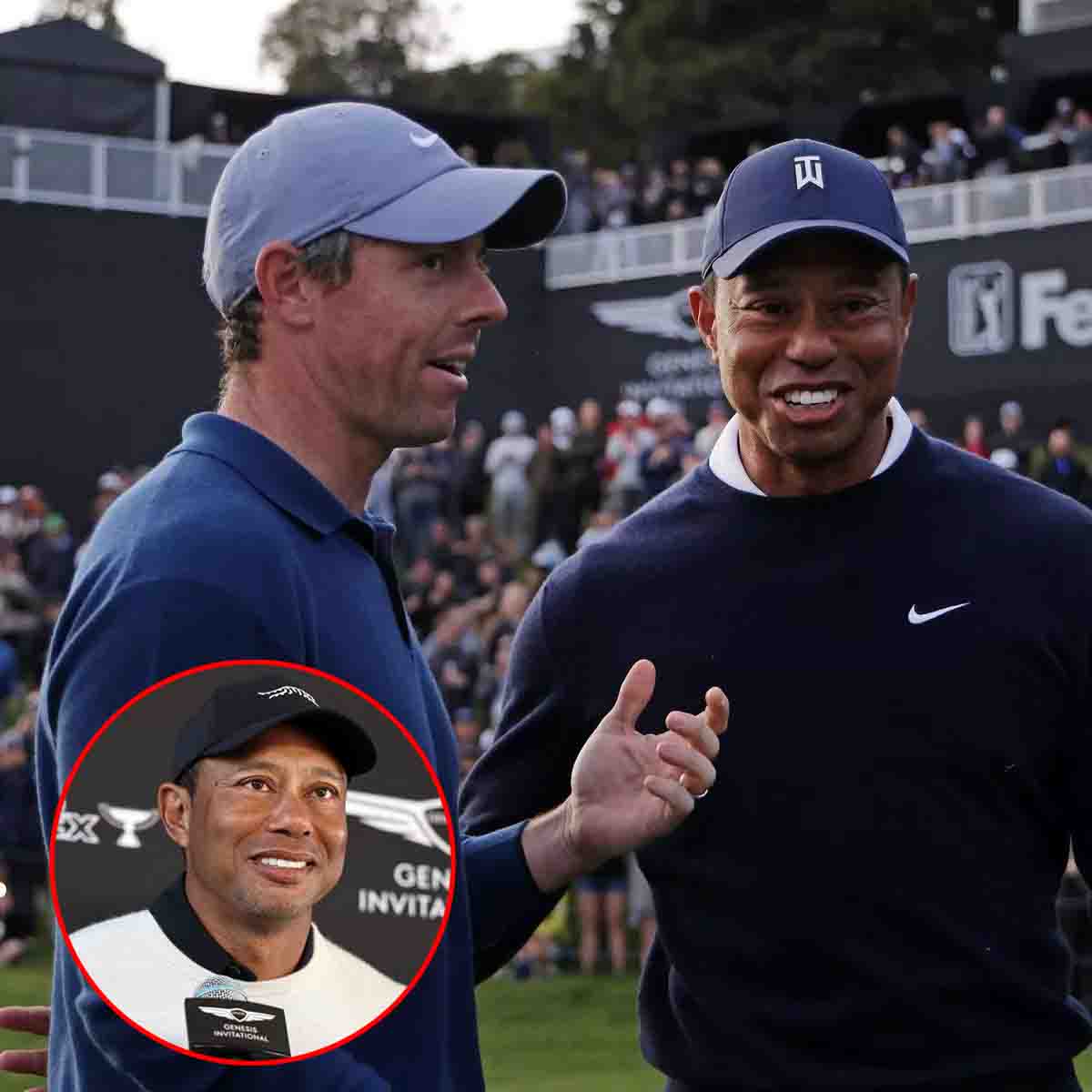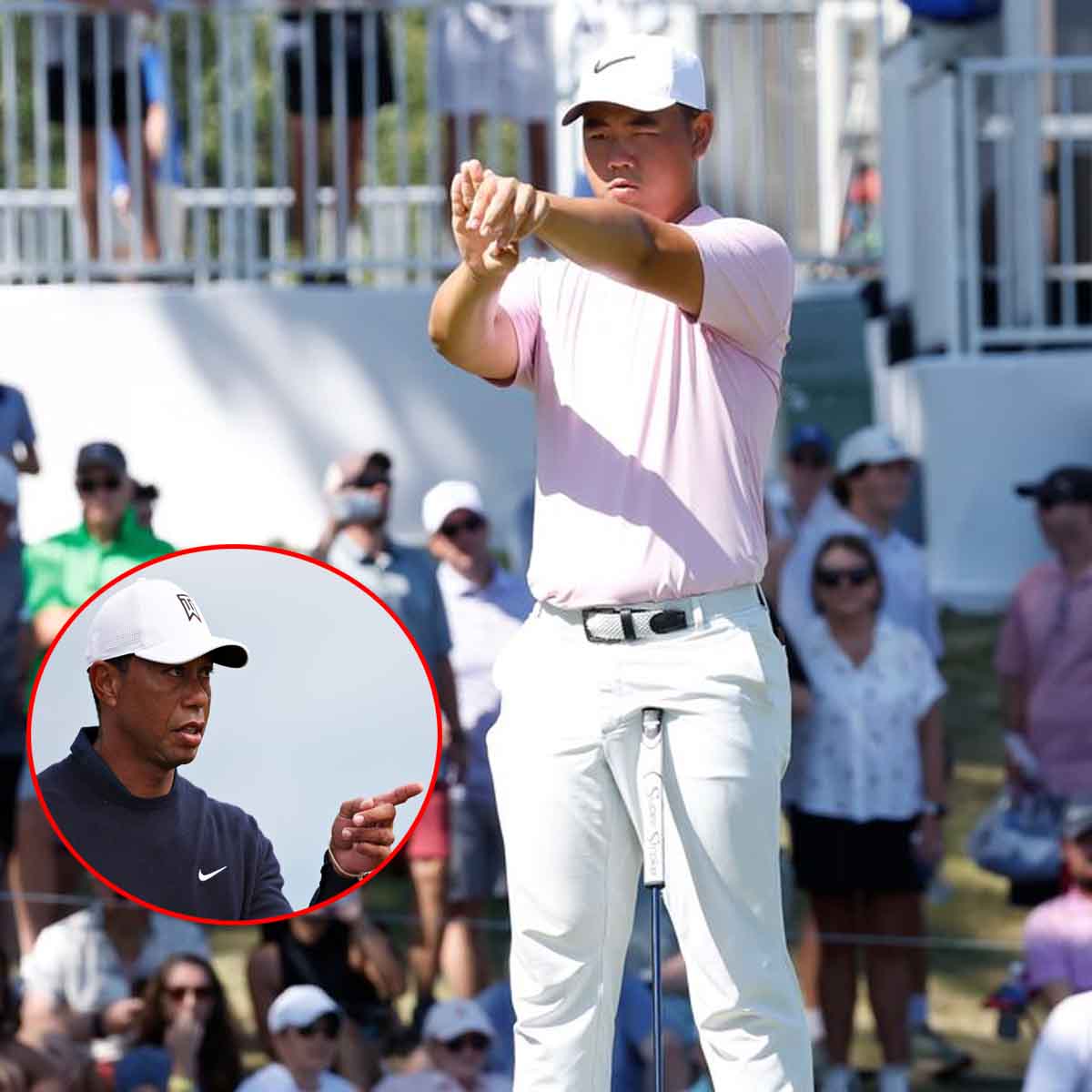Tom Cruise is one of Hollywood’s most bankable movie stars, and throughout his long and illustrious career he’s made a few notable forays into sci-fi, but how do his films in that genre rank from worst to best? Cruise is rightfully often thought of as one of the last of the old-school A-list movie stars. As franchises are more and more defined by their intellectual property, the list of actors who can bring in boffo box office with just their name is shrinking rapidly. However, a Tom Cruise film is always a major event.
What to Watch After Masters of the Air
Cruise has been around in the business for almost 40 years, building up a string of prestigious dramas and action films that made him an undeniable force in the industry. In the 1980s and ’90s, he swung effortlessly from Top Gun to A Few Good Men, from Mission: Impossible to Magnolia. He received box office clout and awards attention, and famously appeared in Stanley Kubrick’s final film, Eyes Wide Shut.
It may seem surprising that he didn’t dip his toe in the sci-fi genre until after the turn of the century, first with Cameron Crowe’s audacious mess, Vanilla Sky. However, that first foray started a trend that gave us some of Cruise’s most interesting and surprising 21st-century performances. From his two collaborations with Steven Spielberg to the Edge of Tomorrow, here are Tom Cruise’s sci-fi movies ranked from worst to best.
5. Oblivion (2013)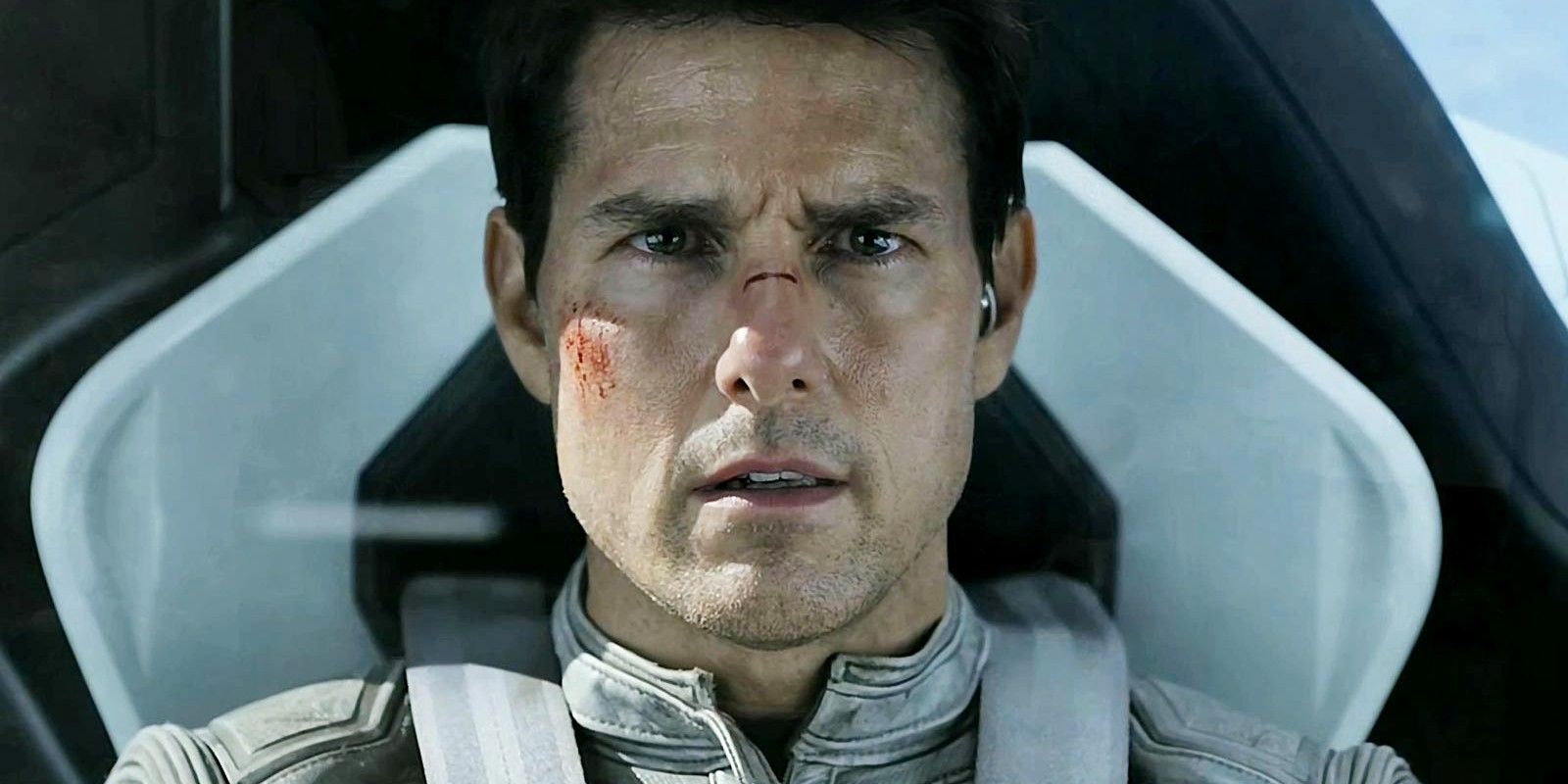
There’s almost no movie star with a steadier hand than Tom Cruise, but not even he can right the wrongs of this visually dazzling but immensely boring music video of a film. Oblivion‘s plot concerns a security repairman on an abandoned Earth and the chance meeting that will trigger his fight to singlehandedly save mankind. Director Joseph Kosinski, who also directed the problematic Disney sequel TRON: Legacy, shoots the whole film with the self-seriousness of a cerebral space epic, but one can almost feel Cruise itching to burst out of these somber restrictions and make it a full-fledged action film. Claudio Miranda’s cinematography attempts to make up for a predictable plot, and the film’s look goes a long way. No matter of aesthetics could disguise a film that can’t decide whether it wants to swerve wildly off the rails or barely have a pulse.
4. Vanilla Sky (2001)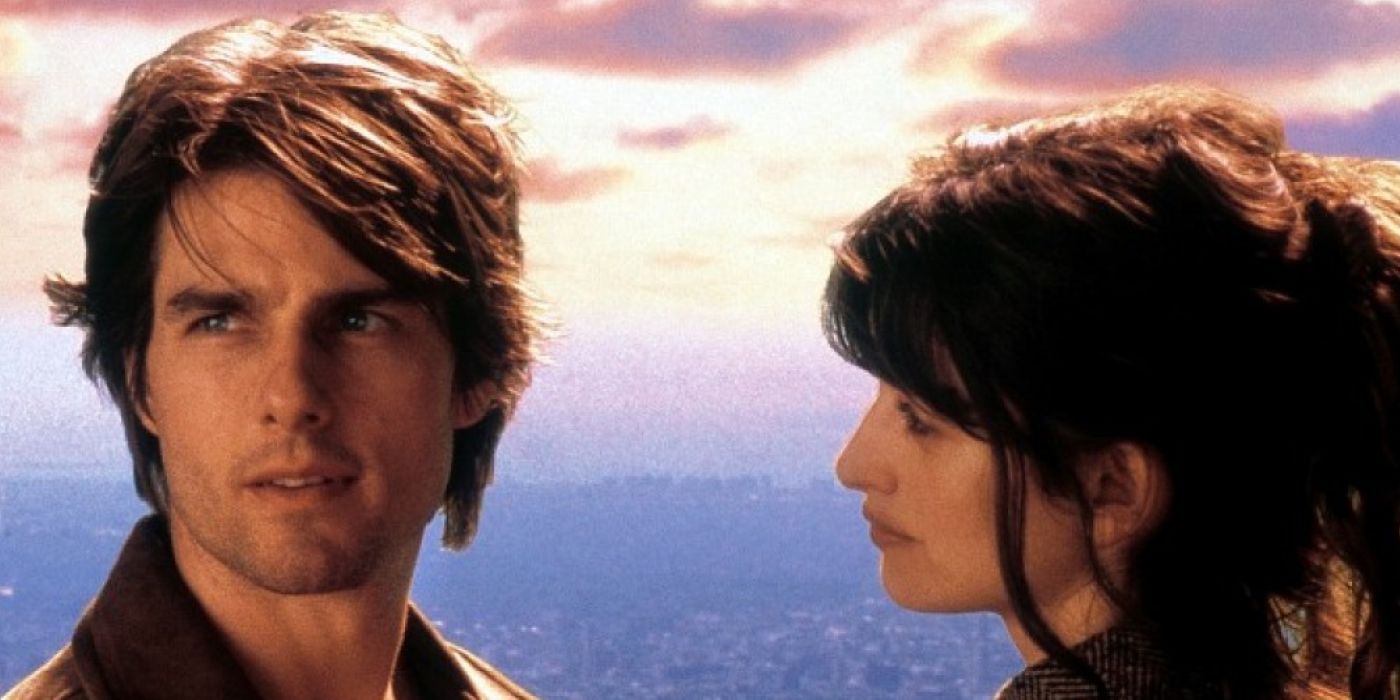
Tom Cruise and writer-director Cameron Crowe reunited to make this absolutely out-of-its-mind remake of the 1997 Spanish film Open Your Eyes. The plot is difficult to parse, but the basic gist is that Cruise plays a Manhattan publishing giant who attempts to utilize a bizarre, sci-fi version of therapy to bounce back after a traumatizing car crash. It’s a big swing of a movie, and while it pales in comparison to the unsettling majesty of Cruise’s Kubrick collaboration, Eyes Wide Shut, it can proudly sit beside that masterpiece as one of the most interesting entries in the actor’s vast filmography. It’s as fascinating as much as it is largely unsuccessful, its psychological thriller underpinnings consistently playing second fiddle to its nightmarish imagery, the most famous example being Cruise running through a totally empty Times Square. This is a wild, out-there performance from the movie star, but a charmingly odd reunion for its director and star after Jerry Maguire.
3. War of the Worlds (2005)
Early on in Spielberg’s 2005 update of H.G. Wells’ War of the Worlds, Tom Cruise has a full-on panic attack realizing that the dust that’s covering him is actually the ashes of people vaporized by the invading, underrated, and horrific Spielbergian Tripod aliens. It’s an early harbinger that Spielberg isn’t interested in making just another popcorn movie. War of the Worlds may remain Cruise’s highest-grossing domestic hit, but that doesn’t take away from the fact that this is one of the director’s and star’s bleakest, most deeply terrifying films. In fact, many Spielberg fans and critics have lumped this film, along with 2004’s The Terminal and 2005’s Munich, into an unofficial trilogy focused on America’s mood post-9/11. While the former is more heartwarming and the latter more awards-focused, War of the Worlds transcends both, and the “trilogy” moniker, to become one of the most harrowing and definitive American films about that terrible day 20 years ago. This is a movie filled with nightmarish and horror movie imagery, from a sea of floating corpses to the terrifying nature of the Tripods. Cruise’s shocking ease at slipping into the shoes of a single dad everyman gives a grounding center to this blockbuster portrait of sheer terror.
2. Edge of Tomorrow (2014)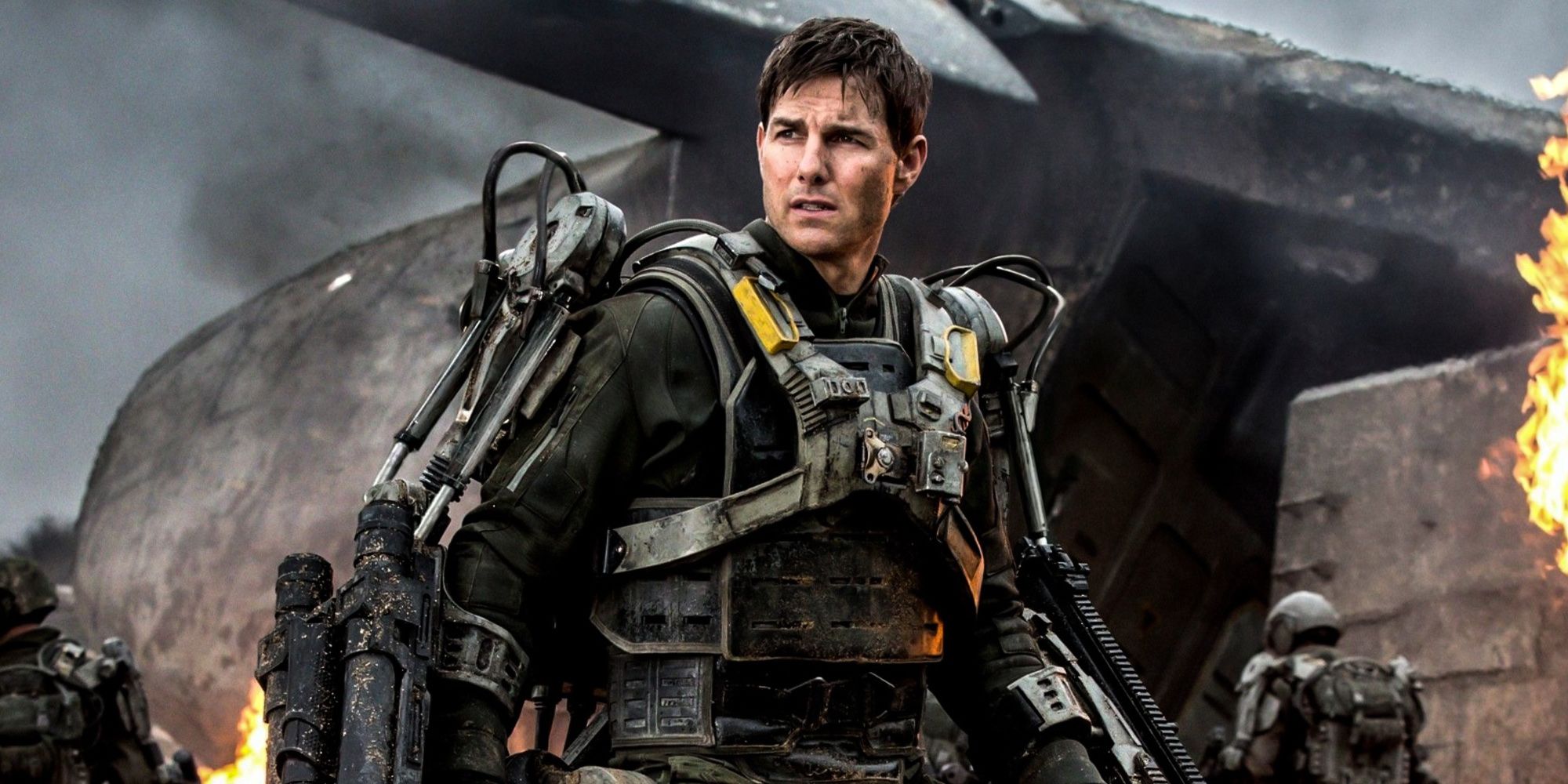
Instantly one of the most pleasant surprises of popular filmmaking in the 21st century, this Doug Liman-helmed actioner didn’t just have the smarts to mash up the genre with Groundhog Day, it also formed a remarkably electric pairing with Tom Cruise and Emily Blunt. Cruise is phenomenal, but the big surprise here is that he’s kind of playing a big old scaredy-cat, ceding scene-stealing status to Blunt, who comes into her own as a full-blown, blockbuster-leading movie star here. Their chemistry is rock solid, the screenplay feels consistently fresh and genuinely funny, and Liman’s direction keeps things moving with a refreshing dynamism that never lets the film’s inherent repetition grow stale. Cruise has forever been one of the action genre’s most outstanding performers, but it’s arguable none of his blockbuster offerings have ever felt as surprising, as fresh, and as flat-out fun as Edge of Tomorrow. Without a doubt, this is one of the best action movies of the decade and certainly one of Cruise’s best outings in the sci-fi genre.
1. Minority Report (2002)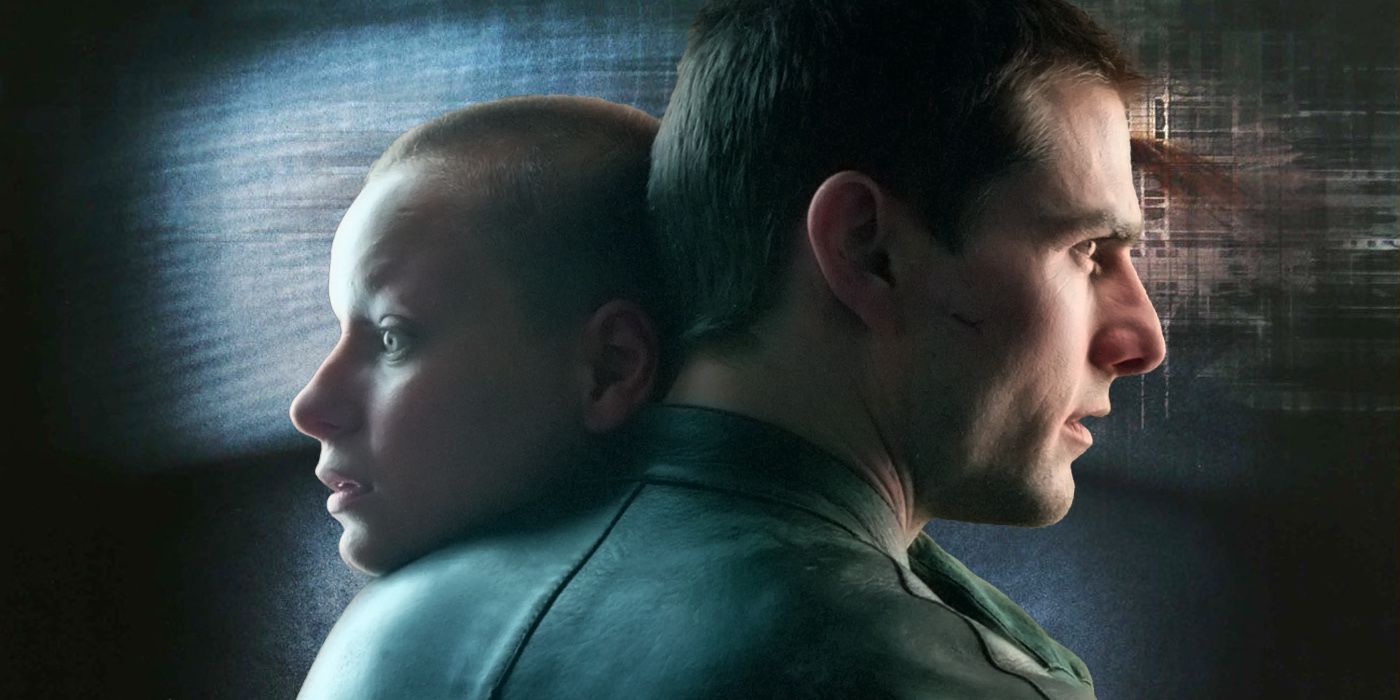
Tom Cruise and Steven Spielberg had been in talks to collaborate for years before Minority Report, but few could have imagined that their first film together would be as moody and haunted as Minority Report. Filmed long before 9/11, the film’s depiction of societal paranoia and surveillance, where futuristic cops can arrest people just for knowing they’re going to commit a murder, hit the zeitgeist in a chilling and downright uncanny way. That’s partly due to the source material, a 1956 novella called The Minority Report and written by Philip K. Dick, whose works have inspired other sci-fi tentpoles like Blade Runner and Total Recall. However, it’s the mash-up of Spielberg and Cruise, along with the chrome steel cinematography of Janusz Kaminski, which transforms the story into a Maltese Falcon for the 21st century. Spielberg marries genre mastery to a world-weariness that clashes with his most trademark films and Cruise’s typically sturdy performance brings a tragic heft, and lots of running, to this underappreciated screed against an America abandoning its principles.
Next: How Mission: Impossible 2 Changed Tom Cruise’s Career (For Better And Worse)
